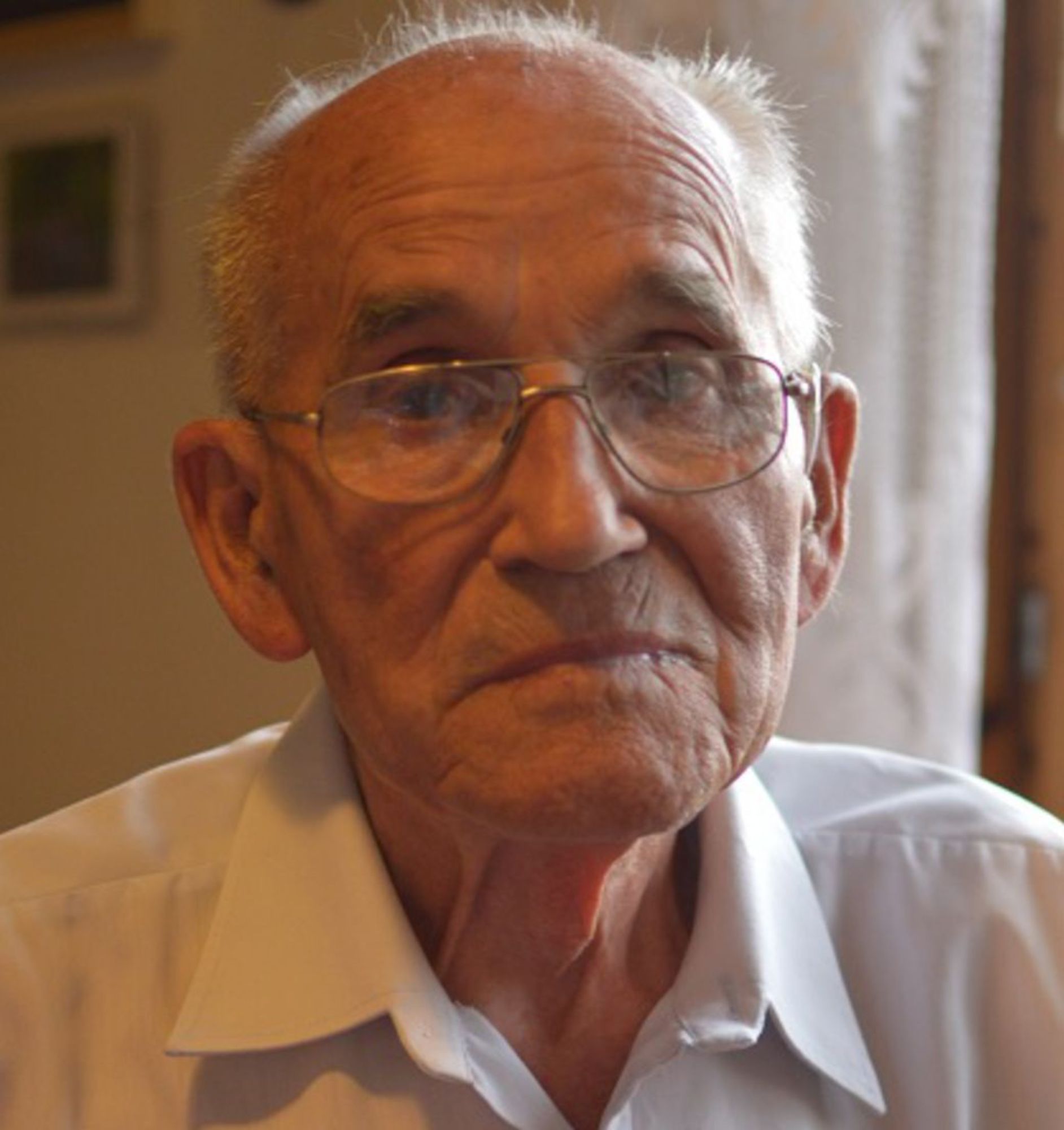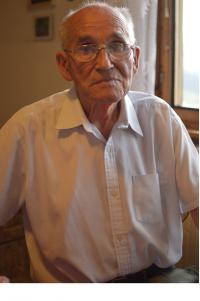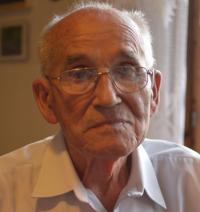My faith has led me

Download image
Josef Škrobák was born on 7 September, 1925 in a poor small farmer family in Walachia. During summer the father worked in the field and in winter he had more work in the forest. The mother took care of the household. The witness had two older brothers and a sister. Since his youth he was educated in evangelic faith and attended lessons of religion. To avoid forced labor in the Third Reich during war, he started as a forest worker in the municipal woods. At the end of war he experienced several collisions of German anti-partisan units with the guerilla. While crossing the front in May 1945 even the closest neighborhood of the Škrobák´s house was bombarded. After war he had to undergo to the basic military service; he spent it at the mortar troop in Hlučín, where he served mainly as the driver of the loading truck and was later transferred to an army mining troop in Orlová. Here he experienced a tragedy in the Doubrava mine, when nineteen miners died. After being released to back up he first worked in a family farm and later due to disproportionately high requirements to agricultural supplies he left to work in the Vsetín armory. In 1954 he got married and in the same year he started a five-year brigade in the Ostrava mines. Even here his all-life sense of justice prevailed; due to unjust measure of the wage he left the unions. In 1959 Josef Škrobák returned together with his family to his wife’s parents´ house in Walachia. He got work again in the armory Vsetín as a service technician and engine degreaser. Apart from his profession he continued working for an evangelic village of Valašská Bystřice. As a preacher he visited evangelic choirs all over the former Czechoslovakia. In 1985 he retired but still kept preaching. Together with his wife Majka they raised three children, have nine grandparents and ten great-grandparents.

